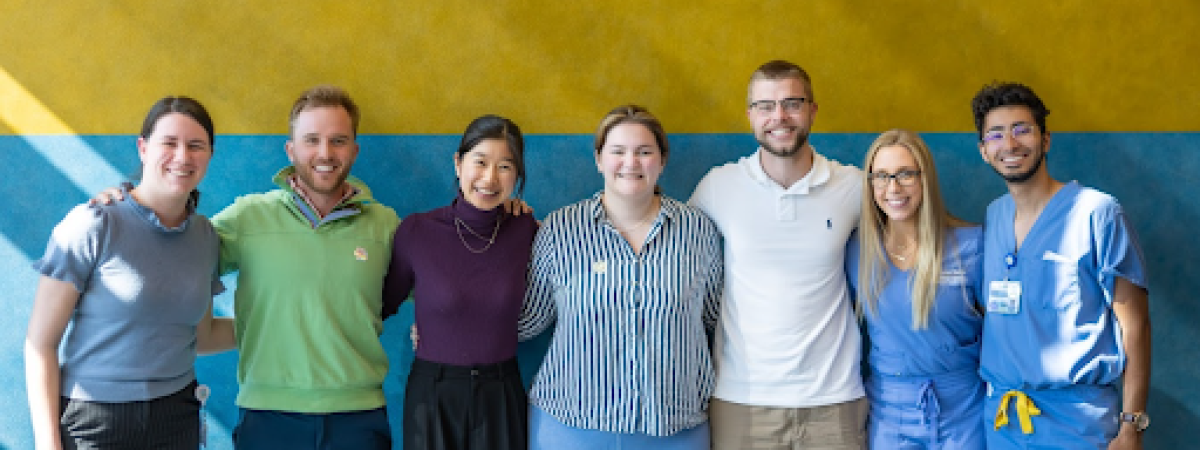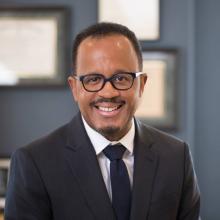At Case Western Reserve University’s Jack, Joseph and Morton Mandel School of Applied Social Sciences, interprofessional education is more than a course—it's the starting point for a lifelong commitment to holistic, patient-centered and collaborative care.
Whether you aspire a career in social work, medicine, healthcare or the social sciences, interprofessional education at the Mandel School brings together future helping professionals to learn collaboratively, gain an appreciation for various professional perspectives and improve outcomes for clients, communities and society.
Transforming care
As a student participating in interprofessional education at the Mandel School, you’ll learn to effectively address patients’ health and psycho-social needs by understanding a variety of factors—such as demographics, education, lifestyle and social support. You’ll also gain skills that will prepare you to practice effectively in diverse settings—from hospitals and specialized treatment centers to schools, government agencies and more.
A note from Dean Dexter Voisin
An experienced academic, researcher, educator and social worker for almost three decades, Dexter Voisin became the Jack, Joseph, and Morton Mandel Dean in Applied Social Sciences in January 2022.
Read on to glean his insights into interprofessional education.
What is an example of professional behavior that's necessary to succeed in an IPE environment?
A critical stance that would enable students to maximize their interprofessional education is a willingness to critically examine what you think you know about your profession and allied professions. During the past 10 years, interprofessional education has gained momentum.
There is an increasing awareness that to advance health outcomes and social equity, we need multiple professions working together in concentrated ways, leaning into each other's strengths toward a common goal of supporting inclusive change. However, many professionals have limited views about the scope and breadth of social work—even some new social work students have limited perspectives about our profession.
In IPE settings, many social work students and those from allied professions are discovering their voice and embracing an appreciation that the scope of social work practice is broad, if not boundless.
Are there any myths about social work that you’d like to bust?
I became an accidental social worker on my way to becoming a psychologist. I didn't even know there was a profession called social work. Over the past three decades, so many people have consistently told me that they also did not know about the social work profession or had minimal views of social work. They believed that social work was primarily about working with families and children in the welfare system or supporting individuals who need income assistance programs.
Social workers do support these tasks, but they are so much more. We have called to promote a more inclusive and just society as a profession. This professional mission inherently requires us to work across multiple systems to examine and confront social injustice in society, as well as in the social injustice we contributed to as a profession. The broad training that social workers receive, especially at the Mandel School, to work across individual, group, family, community and organizational levels enables social workers to work literally across every facet of society.
I once saw a sticker somewhere that read, "I am a social worker. What is your superpower?" The list of professional opportunities for social workers is endless and these are just a few examples.
What excites you most about IPE?
Currently, IPE education primarily takes place within healthcare settings. This provides an integrated and interdisciplinary approach to addressing service delivery and health inequality. For instance, to address the higher burden of heart disease born by people living in under-resourced communities, we need doctors and nurses to provide patient education and care.
Dentists are needed to provide oral care and educate clients and patients about the connection between oral and heart health. We also need social workers who understand that housing segregation, poor health care access, a lack of transportation, and racial and economic bias within the healthcare system are social drivers of heart disease. Bringing social work and these and other allied professions together to bear on a single health care issue can be truly transformative.



